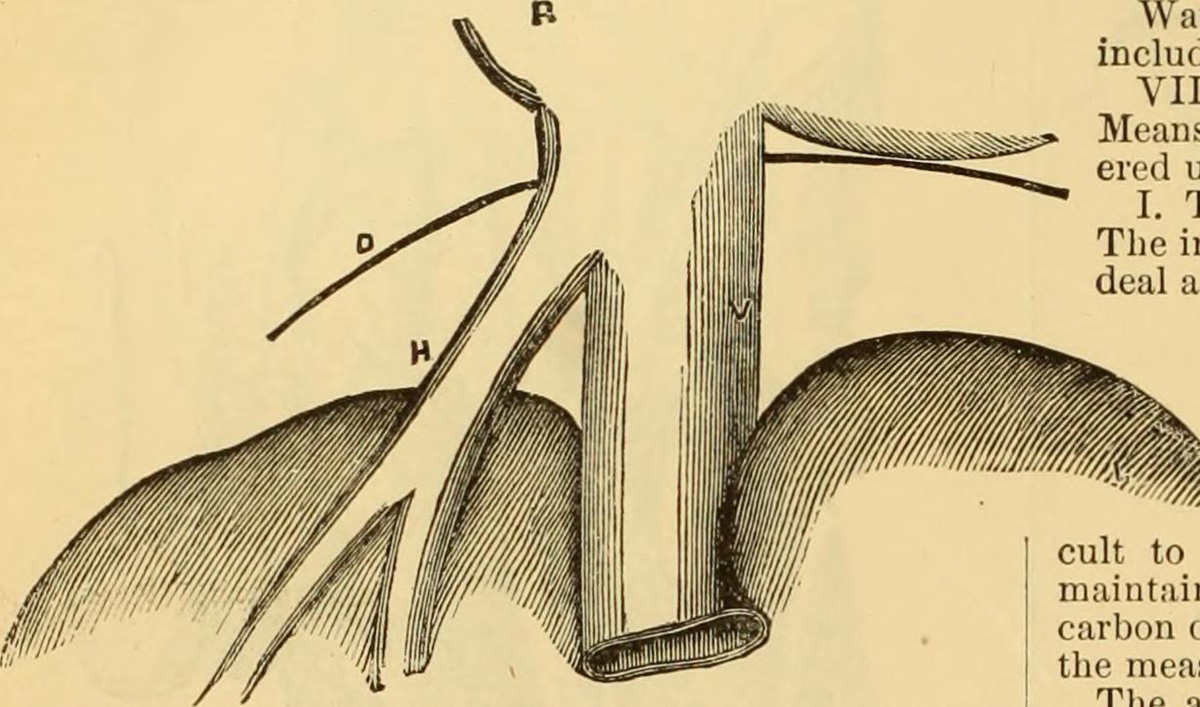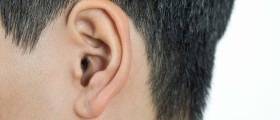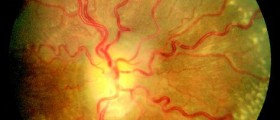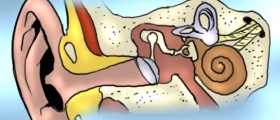
Meniere's Disease
Meniere's disease is a disorder of the inner ear which features with repeated vertigo, ringing in the ears, progressive hearing loss and feeling of fullness in the inner ear. In majority of patients only one ear is affected.
Meniere's disease may affect all the people. However, people in their 40s and 50s are predominantly affected by the disease.
Symptoms of Meniere's Diseases
The leading symptom of Meniere's disease is repeated vertigo. Vertigo is a sensation which commonly occurs if one spins around a few times and then suddenly stops. It appears like the room is spinning and there is evident loss of balance. This sensation affects people suffering from Meniere's disease and once it has occurred, vertigo lasts 20 minutes to even two hours. In some cases vertigo can linger for 24 hours.
Hearing loss is one more symptom of this disease. This symptom changes a lot in the very beginning of the disease. Unfortunately, all the patients suffer from certain degree of hearing loss.
Tinnitus or ringing in the ears affects these patients as well. Low-pitched tinnitus is typical for Meniere's disease.
And finally, people suffering from Meniere's disease commonly complain about a feeling of fullness in the ear.
The onset of disease as well as every following episode typically starts with a feeling of fullness in the ear accompanied by tinnitus and loss of hearing. What follows is a severe vertigo which may cause nausea and vomiting. The symptoms may last up to several hours. Remission occurs between two episodes. The intensity of symptoms varies in patients and some symptoms may appear even between standard attacks.
Causes of Meniere's Disease
The actual cause of Meniere's disease has not been identified yet. It seems that this disorder occurs in people who have abnormal volume or composition of fluid in the inner ear. Namely, the inner ear fluid stimulates the inner ear sensors. The fluid needs to be of specific volume, pressure and chemical composition so that all the inner ear sensors can function properly. Factors that lead to change in the inner ear fluid may be considered possible causes of Meniere's disease.
Several factors that act as triggers of the disease include inadequate fluid drainage, abnormal immune response, allergies, viral infections, genetic predisposition, and head trauma.
And finally, it may be that the disease is actually caused by a combination of factors.
Complications of Meniere's Disease
Patients need to deal with unpredictable and repeated vertigo. This is definitely the most debilitating problem of the disease. Vertigo requires bed rest. This way people lose precious time at work which consequently leads to emotional stress.
Vertigo is also responsible for numerous complications such as falls, driving accidents, accidents during operating heavy machinery etc. People suffering from Meniere's disease tend to develop depression and become anxious. And some of them even have to face permanent hearing loss.

















Your thoughts on this
Loading...